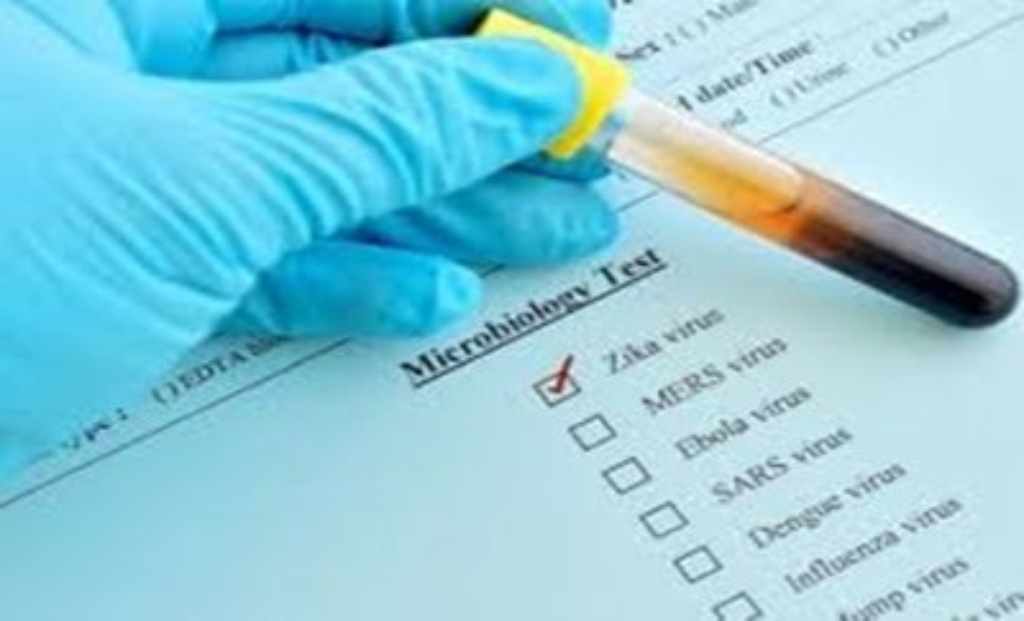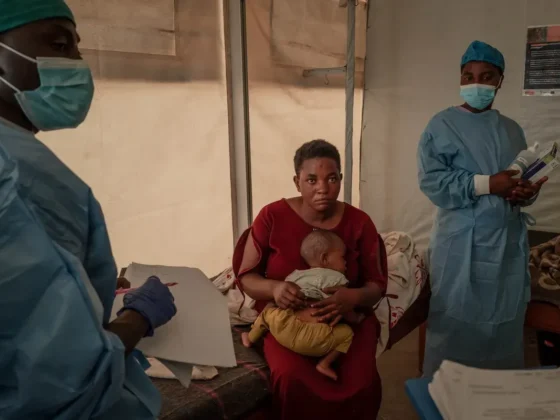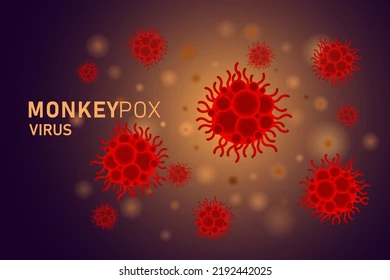A new study from the American Cancer Society highlights how certain lifestyle choices can significantly cut down the number of cancer cases and deaths. By maintaining a healthy body weight, reducing or stopping alcohol consumption, eating a balanced diet, and staying active, people can make a big difference in their cancer risk.
The researchers examined 30 types of cancer and 18 lifestyle factors that can be changed, such as smoking and body weight. They found that cigarette smoking is the top risk factor, causing almost 20% of all cancer cases and 30% of cancer deaths in the U.S.
The study used data from 2019 and discovered that lifestyle choices were linked to over 700,000 new cancer cases and more than 262,000 deaths in adults aged 30 and older. Here are the top ten lifestyle-related cancer risks identified:
1. Smoking: Smoking remains the biggest contributor to cancer cases and deaths for both men and women. While quitting smoking can reduce this risk, many high-risk individuals still don’t get the recommended lung cancer screenings.
2. Bodyweight: Excess body weight is responsible for nearly 7-8% of all cancer cases and deaths in the U.S. Maintaining a healthy weight can significantly lower cancer risk.
3. Alcohol Use: Alcohol consumption causes 5.4% of cancer cases in men and 4.1% in women. Limiting alcohol intake can reduce this risk.
4. Poor Diet: A diet low in fruits and vegetables is a major contributor to cancer. Eating a balanced diet with plenty of fruits and vegetables can help lower cancer risk.
5. Lack of Exercise: Physical inactivity, along with excess body weight, poor diet, and alcohol use, contributes to a large proportion of cancer cases, especially in women. Regular exercise can help reduce this risk.
6. Missing Cancer Screenings: Not getting regular cancer screenings, especially during the COVID-19 pandemic, has led to an increase in cancer cases. Staying up-to-date with screenings is crucial for early detection and treatment.
7. Sun Exposure: Nearly 93% of skin melanoma cases and deaths in the U.S. are due to UV radiation. Protecting yourself from the sun by wearing protective clothing, hats, sunglasses, and sunscreen with an SPF of 30 or higher can reduce the risk of skin cancer.
8. Infections: Infections like HPV can also lead to cancer. HPV is responsible for 1.8% of cancer cases and 1.2% of cancer deaths. Getting vaccinated and taking preventive measures can help reduce this risk.
This study underscores the importance of making healthy lifestyle choices to reduce cancer risk. By quitting smoking, maintaining a healthy weight, limiting alcohol, eating a balanced diet, staying active, getting regular screenings, protecting yourself from the sun, and preventing infections, you can significantly lower your chances of developing cancer.
Making these changes might seem challenging, but they can lead to a healthier, longer life. Small steps can make a big difference, so start today by making one healthy choice at a time.











